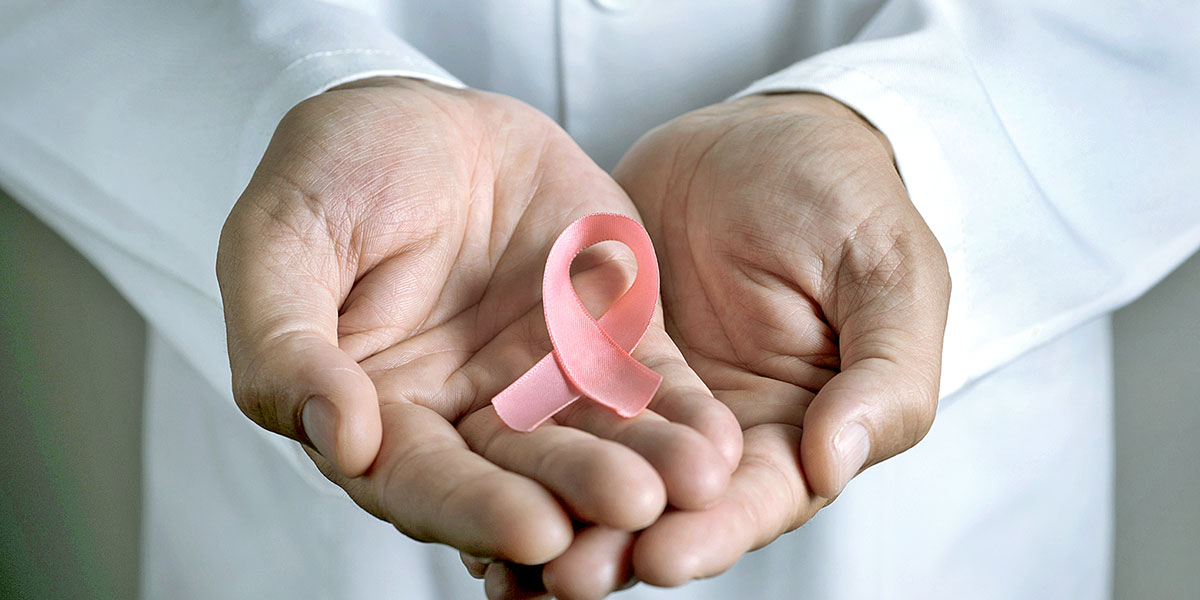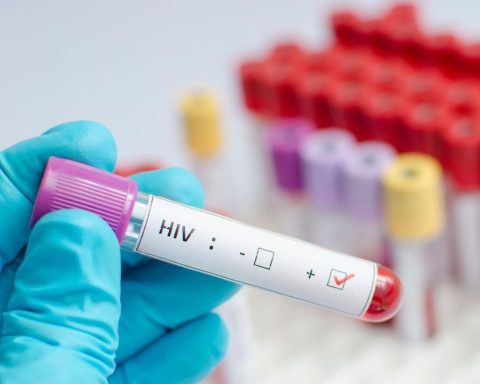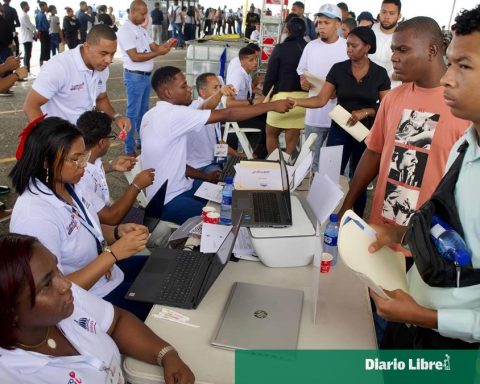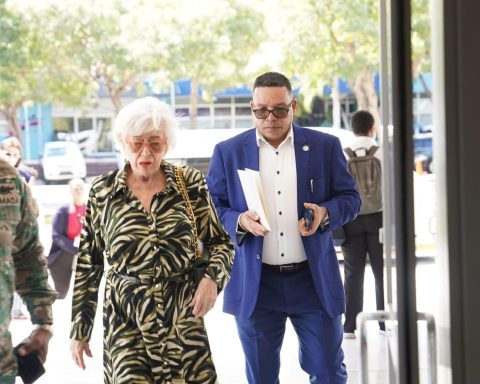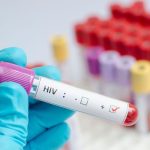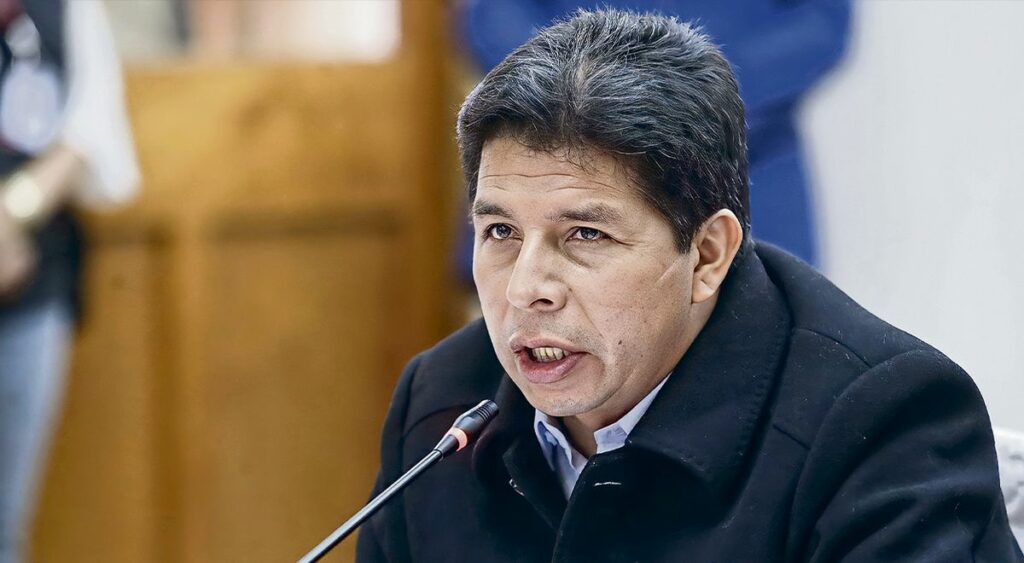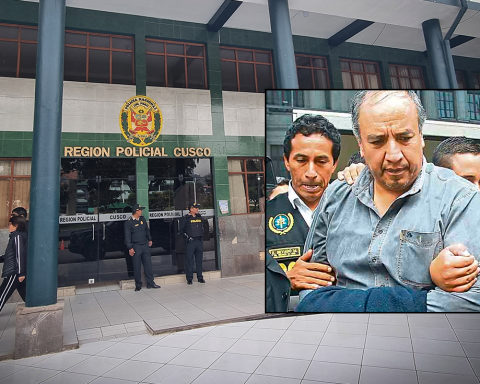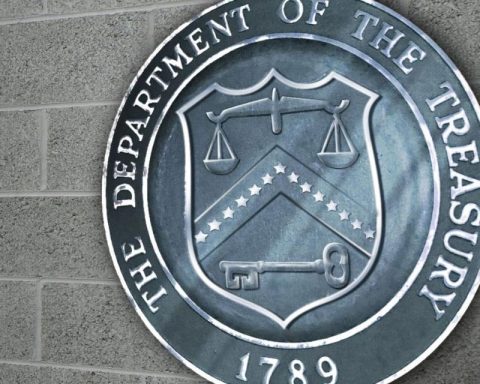This disease is more common in women, but men can also develop it.
At the initiative of the World Health Organization (WHO), every October 19, the International Day to Fight Breast Cancer is celebrated. On this day, the population is made aware of a key message: the importance of early detection, in order to improve the prognosis and survival of cases.
Although this cancer is more frequently detected in women, men can also suffer from it, because it is not only a female tumor. Many people are still unaware that 1% of cases occur in men.
Breast cancer is also remarkably deadly in male patients, in part because it is often diagnosed late. So, the earlier the disease is detected, the more likely it is to eradicate it.
Rapid diagnosis must go hand in hand with effective cancer treatment, which in many health facilities requires a certain degree of specialized care for the disease, according to WHO data. “Male breast cancer is more common in older men, although it can manifest at any age,” explains the Mayo Clinic medical team, whose members point out some of the factors that can trigger the risk of male breast cancer:
Advanced age. The risk of breast cancer increases with age. Male breast cancer is most often diagnosed in men after the age of 60.
Estrogen exposure. If you take estrogen-related medications, such as those used in hormone therapy for prostate cancer, you have an increased risk of breast cancer.
Family history of breast cancer. If you have a close relative with breast cancer, you are more likely to develop the disease.
Klinefelter syndrome. This genetic syndrome occurs when a boy is born with more than one copy of the X chromosome. Klinefelter syndrome causes abnormal development of the testicles. As a result, men with this syndrome produce lower levels of certain male hormones (androgens) and more of female hormones (estrogens).
Liver disease. Certain diseases, such as liver cirrhosis, can reduce male hormones and increase female hormones, increasing the risk of breast cancer.
Obesity. Obesity is linked to elevated levels of estrogen in the body, which increases the risk of male breast cancer.
Testicular disease or surgery. Having swollen testicles (orchitis) or having surgery to remove a testicle (orchiectomy) can increase the risk of male breast cancer.
As in women, the treatment of breast cancer in men depends on how large the tumor is and how far it has spread. Treatment may include surgery, chemotherapy, radiation therapy, hormone therapy, and targeted therapy.
